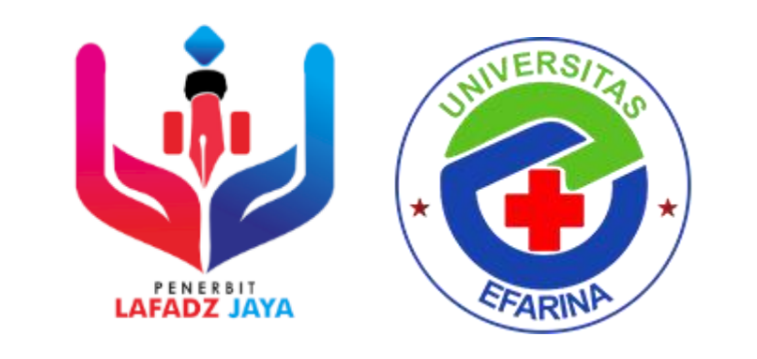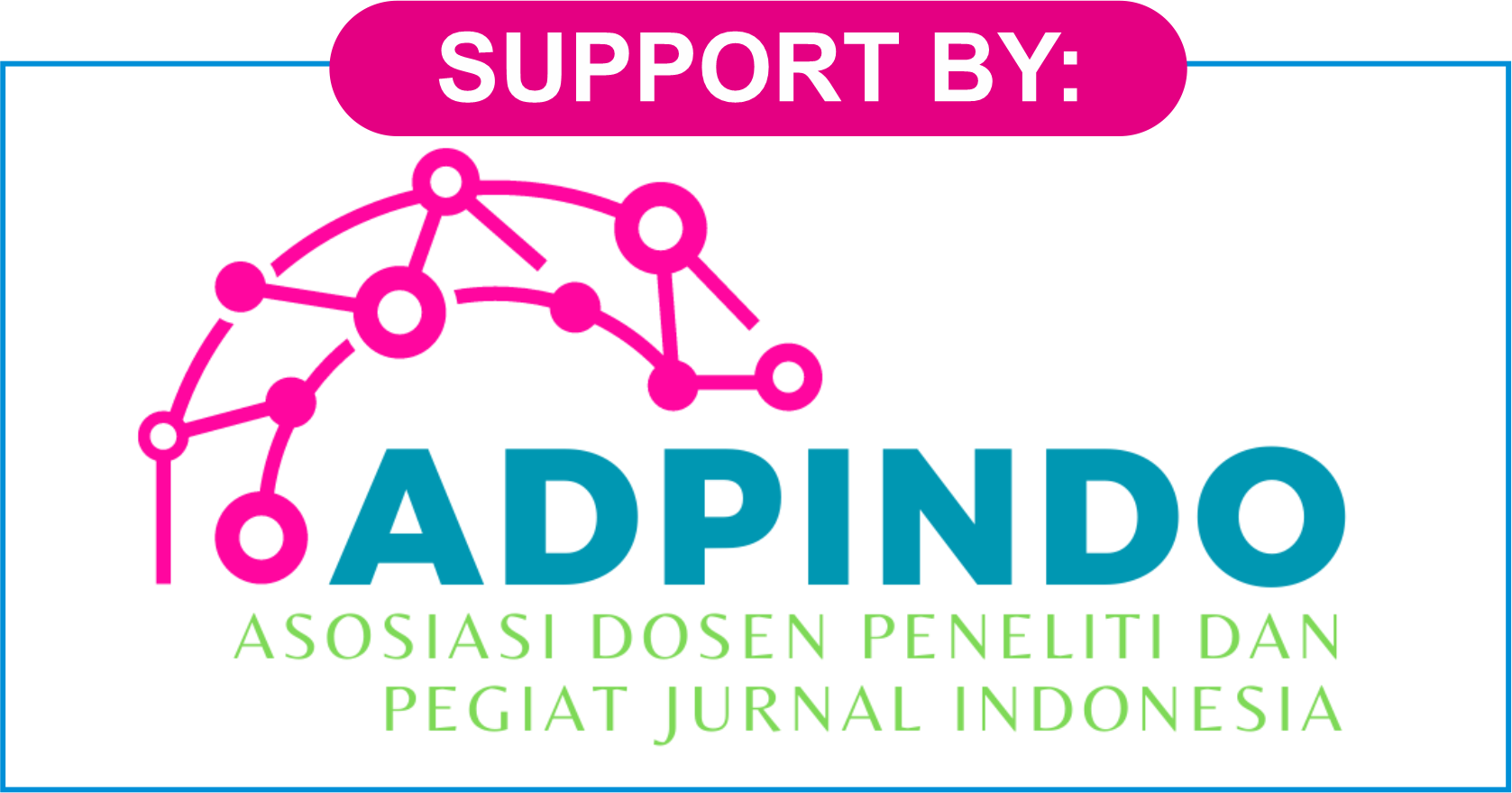ANALISIS DAMPAK DAN KONSEKUENSI PENGGUNAAN MEDIA SOSIAL TERHADAP TINGKAT BUNUH DIRI PADA USIA DEWASA AWAL: A SYSTEMATIC LITERATURE REVIEW
DOI:
https://doi.org/10.47353/sikontan.v3i2.1921Keywords:
Suicide, social media, early adulthoodAbstract
Social media has a complex impact on suicide rates in early adulthood. On the one hand, social networks provide an important means of establishing social relationships and increasing social support and education. But on the other hand, social media can also cause comparison stress and social pressure, which can increase the risk of depression and suicidal thoughts. Shallow interactions and cyberbullying can also worsen mental health. This research uses a systematic literature review (SLR) method. Through this approach, this research hopes to provide comprehensive, clear and accurate results regarding the impact and consequences of social media use on suicide rates in early adulthood. From the results and discussion it can be concluded that social media has a complex impact on suicide rates in early adulthood. Although social media can provide social support and helpful information, excessive use can also increase the risk of mental disorders and suicidal thoughts. Therefore, cooperation between individuals and governments is needed to minimize the negative impacts of social media and encourage healthy and sustainable use.
Downloads
References
Al Aziz, A. A. (2020). Hubungan Antara Intensitas Penggunaan Media Sosial dan Tingkat Depresi pada Mahasiswa. Acta Psychologia, 2(2), 92–107. https://doi.org/10.21831/ap.v2i2.35100
Biroli, A. (2018). Bunuh diri dalam perspektif sosiologi. Simulacra, 1(2), 213-223.
Budury, S., & Fitriasari, A. (2019). Penggunaan media sosial terhadap kejadian depresi, kecemasan dan stres pada mahasiswa: use of social media on events of depression, anxiety and stress among university students. Bali Medika Jurnal, 6(2), 205-208.
Cahya, M. N., Ningsih, W., & Lestari, A. (2023). Dampak media sosial terhadap kesejahteraan psikologis remaja: tinjauan pengaruh penggunaan media sosial pada kecemasan dan depresi remaja. Jurnal Sosial Teknologi, 3(8), 704-706.
Rosenthal, S. R., et.al. (2016). Negative Experiences on Facebook and Depressive Symptoms Among Young Adults. Journal of Adolescent Health, 59(5), 510–516.
Safa Ramadhanty, G., & R. Surjaningrum, E. (2023). Hubungan Perbandingan Sosial Dengan Risiko Depresi Pascamelahirkan Pada Ibu Pengguna Media Sosial Instagram. Jurnal Ilmu Psikologi Dan Kesehatan (Sikontan), 2(1), 79–86. https://doi.org/10.47353/sikontan.v2i1.1146
Santrock, John.W. (2012). Perkembangan Masa Hidup Edisi Ketigabelas (Jilid II). Jakarta: Erlangga
Shensa, A., Escobar-Viera, C.G., Sidani, J.E., et.al. (2017). Problematic social media use and depressive symptoms among U.S. young adults: A nationallyrepresentative study. Social Science and Medicine, 182, 150–157.
Shensa, A., Sidani, J. E., Dew, M. A., et.al. (2018). Social media use and depression and anxiety symptoms: A cluster analysis. American Journal of Health Behavior, 422, 116–128.
Takahashi, Y., Uchida C., Miyaki K., et.al. (2009). Potential Benefits and Harms of a Peer Support Social Network Service on the Internet for People With Depressive Tendencies Qualitative Content Analysis and Social Network Analysis. J Med Internet Res, 11(3), e-29. Diambil pada tanggal 1 Juni 2020, dari https://www.jmir.org/2009/3/e29 /
Widiyastuti, N. ., Maranatha Padang, U. ., Melly, M., Rismika, R. ., & Rimonda, R. . (2024). Pengaruh Penggunaan Media Sosial (Tik Tok) Bagi Kesehatan Mental Remaja Pada Mahasiswa Kesehatan Masyarakat Universitas Teuku. Jurnal Ilmu Psikologi Dan Kesehatan (Sikontan), 2(4), 353–362. https://doi.org/10.47353/sikontan.v2i4.1079
Wisnubratama. (4 April 2018). Batasan Wajar Menggunakan Media Sosial Dalam Sehari. Kompas.com. Diambil pada tanggal 12 Mei 2019, dari https://lifestyle.kompas.com/read/ 2018 /04/04/053800120/
Wulan, D. A. (2021). Bebasnya Berpendapat Lewat Media Sosial Menimbulkan Depresi. Eksaminasi: Jurnal Hukum, 1(1), 27-35.
Downloads
Published
How to Cite
Issue
Section
License
Copyright (c) 2024 Salma Nehaya Salsabila, Tristiadi Ardi Ardani

This work is licensed under a Creative Commons Attribution 4.0 International License.











